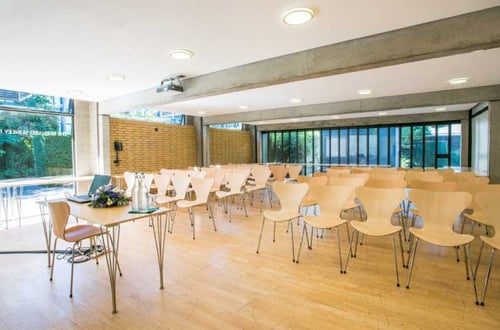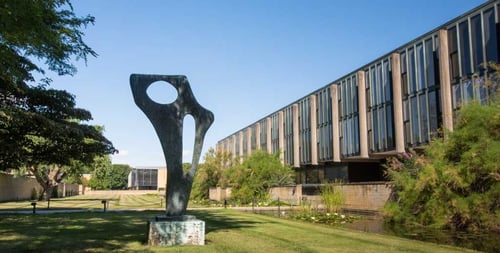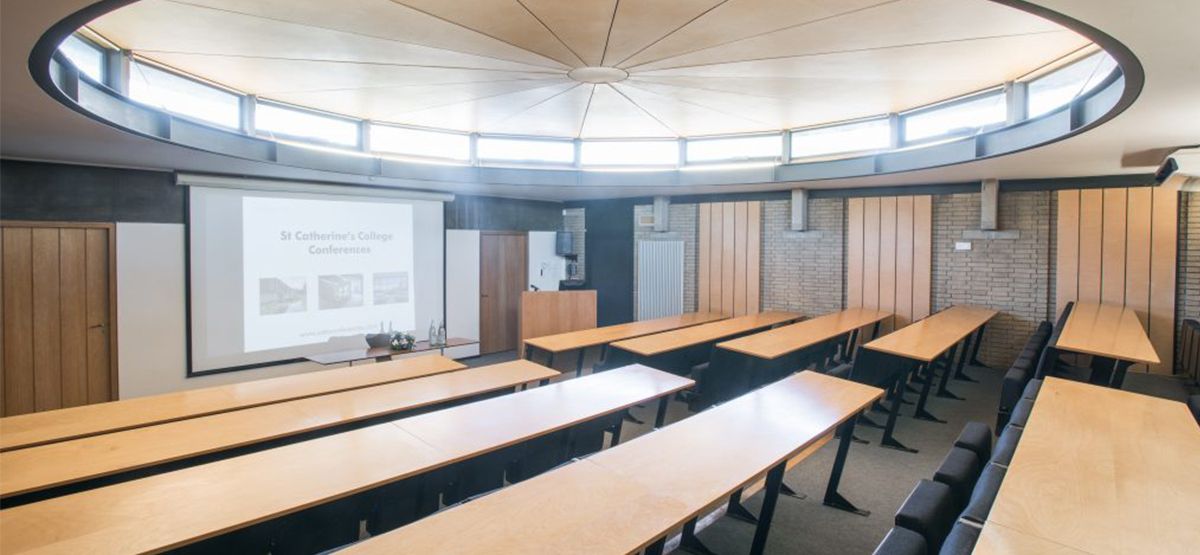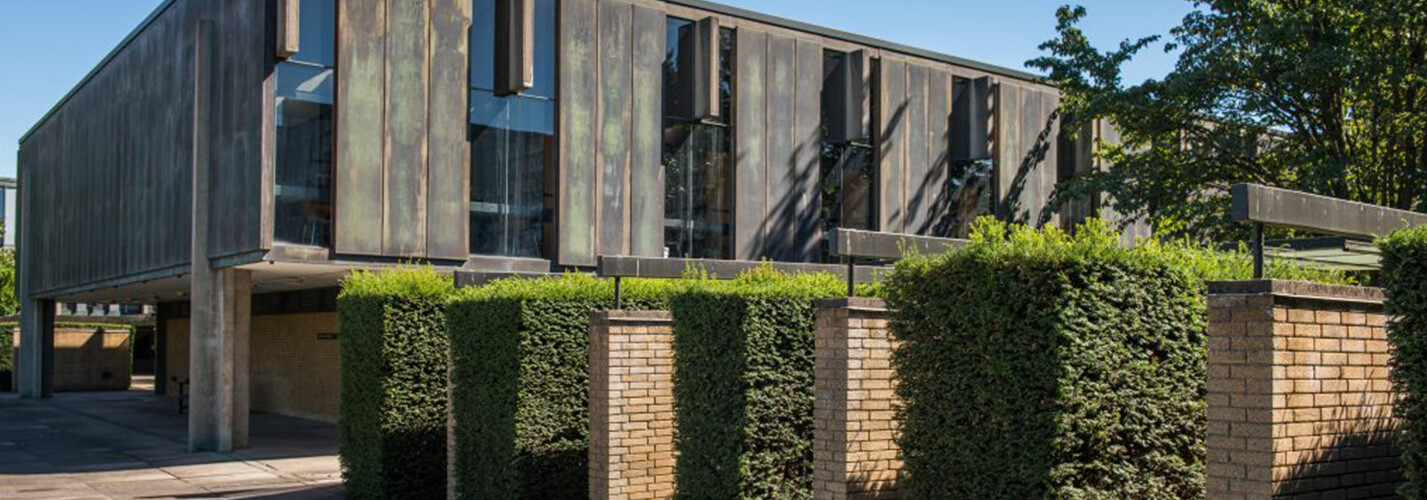Alumni Features: Christian Cole
Christian Cole, born in Sierra Leone in the mid-19th century, was a pioneering figure in St Catherine’s educational history, becoming the first Black graduate of the University of Oxford.
His journey at Oxford began in 1873, when he enrolled as a non-collegiate student with the Delegacy of Unattached Students, which later became part of St Catherine's College. This was a significant achievement not just for Cole, but also for the institution, marking a crucial step towards diversity and inclusion in higher education, a tradition we are proud to uphold today.
Cole studied Classics, a field that covers the languages, literature, philosophy, history, and art of the ancient Greeks and Romans. His academic pursuit in such a complex discipline is a testament to his intellectual capabilities and determination.
Predictably, during his time at Oxford, Cole faced significant racial prejudice and social obstacles. Despite this, he integrated into academic and social life, participating in debates and intellectual discussions, thereby paving the way for future diversity, a truly remarkable individual.
Cole's presence at Oxford was not just a personal achievement but also a broader social statement. He navigated the complexities of being a black student in a predominantly white, elite institution during a period when the British Empire was at its height, and racial attitudes were largely, let’s say… backward. His ability to thrive in such an environment speaks volumes about resilience and character.
After completing his studies, Christian decided to pursue a career in law. He was called to the bar at the Inner Temple in London, another remarkable achievement, becoming one of the first African barristers in England. His legal career, however, was met with the same kind of racism he faced in academia. The legal profession in Victorian England was cruelly hostile to people of colour, sadly limiting Cole's opportunities to practice law as he would have wanted.
Undeterred, and spurred on by his success, Cole continued to break down cultural barriers by moving to West Africa, where he continued his work as a lawyer. He made a real difference in Sierra Leone, as he was heavily engaged in the colonial administration, contributing his considerable skills and knowledge to the region's governance. This period is less documented, but it is still very evident that his experiences in England shaped his approach to law and administration in Africa.
Christian Cole's legacy is impressive. On one level, he is celebrated as a trailblazer who prevailed in breaking down racial barriers at one of the world's most prestigious universities. On another, he is a symbol of the broader struggles and contributions of African students and professionals in the diaspora during the colonial era. His life and career highlight the challenges faced by Black intellectuals in the 19th century—challenges that, despite his achievements, limited his opportunities in both England and Africa.
Nowadays, Christian is remembered not only for his academic and professional achievements but also as a pioneer who laid the groundwork for future generations of black students at Oxford and other institutions. His story is a stark reminder of the enduring need for inclusivity and diversity in educational institutions around the world.





